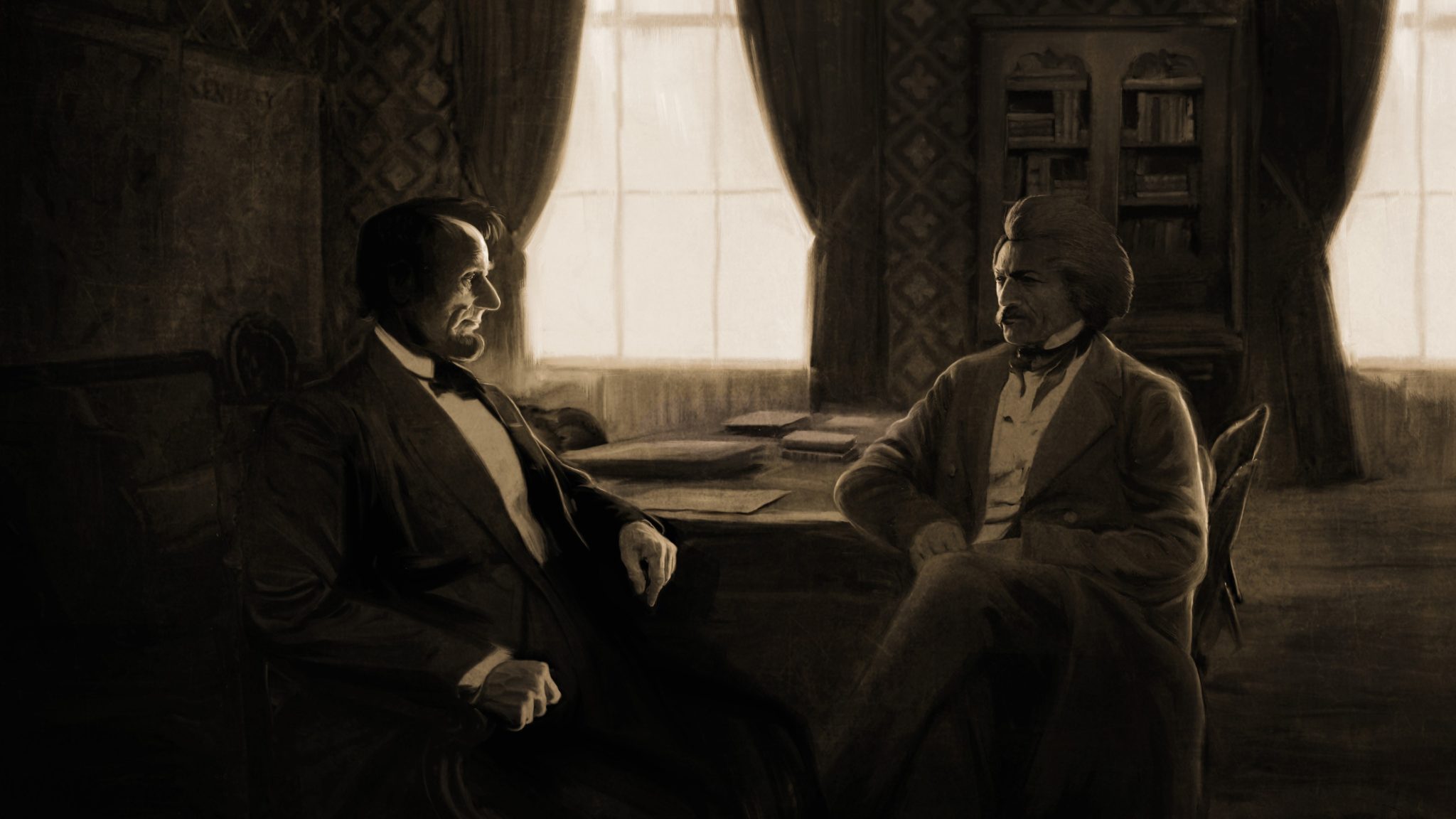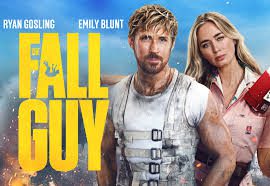
Author of Abe: Abraham Lincoln in His Times, David S. Reynolds? award-winning book serves as the foundation for AppleTV+’s new four-part documentary Lincoln’s Dilemma. From Barrington, R.I., Reynolds’ latest project includes the voices of Jeffrey Wright, Bill Camp, and Leslie Odom Jr. as the narrator, Lincoln, and Frederick Douglass throughout. To hear why he is so passionate about Lincoln, and how the project came about, ScreenFish sat down with Reynolds.
Richard Plepler left HBO for Apple and had always wanted to do something fresh on Lincoln, and heard about Reynolds’ book. “I’m very happy for people to learn about Lincoln and his era, his times,” Reynolds shared. “I studied American Studies at Amherst College, and went to graduate school at Berkeley, and got more and more interested in Lincoln’s era. I wrote books on Walt Whitman, Emily Dickinson, and Herman Melville, and they all, especially Melville, liked to talk about Lincoln. I wrote a book proposal about the Founding Fathers, with one paragraph about Lincoln, and Scott Moyers at Penguin, the editor, saw this paragraph and said, ‘Why don’t you write a whole book about Lincoln?'”
The four-part series opens with the storming of the Capitol from 2021. Reynolds didn’t write much about the present day in his book, because he wanted to keep Lincoln placed in his time. But without directly discussing it, the book refers to modern times. “Lincoln called America a mobocracy, with all of its different groups. He was compelled to go to war to prevent the spread of slavery and show human justice, against the Confederate States of America, the biggest mob of all,” said Reynolds.
“All of this really speaks to the debates going on today and all of the division. I’m glad the film drives that home by showing certain images, so viewers are reminded that this is history and also what is going on right now.”
Lincoln’s Dilemma shows that black people and whites worked together to end slavery. Reynolds says this appears new to some audiences because until recently, history was “top down.” “In recent years, we’ve had a warmer embrace of marginalized people, like women, African Americans, Native Americans,” explained the author. “It shows Lincoln became great because of his openness to listen to and collaborate with African Americans. He had been very closed to African Americans in Illinois. Frederick Douglass became his kind of conscience, always in his ear, goading him toward emancipation. He also truly impressed by the 185,000 African American soldiers who fought for the North, without whom he thought they couldn’t win the war. He evolves and responds, and that’s part of his greatness – he was absorptive of the influences toward justice and goodness that were around him.”
“He also refused to demonize the South. He didn’t call the Confederacy the enemy. He said, ‘If we lived down south, maybe we’d feel the same way.’ Malice toward none, charity toward all, which was partially based on the Bible as a Bible reader and believer in God. He believed God was in control.”
Reynolds shared next how Lincoln nationalized Thanksgiving in 1863 in the middle of the war, urging people to go to their own churches and honor God with their thanks, even in the midst of the war. It’s the kind of decision that a man with a full sense of justice and “right,” but also understanding that the United States really needed to be united, and that ending slavery was one of the ways that the country had to move forward. Unifying, and encouraging, under God.
Lincoln’s Dilemma is available February 18 on AppleTV+.




